The grease gun is an essential tool in the maintenance and lubrication of machinery, equipment, and vehicles. It ensures smooth operation and prevents wear and tear by delivering precise amounts of grease to moving parts. In this article, we’ll explore the key applications, uses, and benefits of a grease gun, helping you understand its role in keeping mechanical systems running efficiently.
A grease gun is a simple yet powerful tool designed to apply lubricating grease to various mechanical components. It consists of a trigger, a pump, and a nozzle that directs the grease into specific points. The gun can be manually operated, battery-powered, or pneumatic, depending on the type and application. The grease is stored in a cartridge or cylinder, and the user controls the flow to ensure accurate lubrication.
Grease guns are used across a wide range of industries to maintain equipment and machinery. Some of the most common applications include:
Automotive Maintenance: Grease guns are vital in the automotive industry, where they are used to lubricate ball joints, tie rods, and other moving parts in vehicles. Proper lubrication extends the lifespan of these components and ensures safe operation.
Industrial Equipment: In factories and industrial settings, grease guns are used to lubricate conveyor belts, bearings, gears, and other machinery that experiences heavy use. This reduces friction, prevents overheating, and ensures smooth performance.
Agricultural Machinery: Farmers rely on grease guns to maintain tractors, plows, and other agricultural equipment. Regular lubrication prevents breakdowns during critical planting and harvesting seasons.
Construction Equipment: Construction machinery, such as bulldozers, excavators, and cranes, require consistent lubrication to handle the demanding tasks of heavy lifting and movement. Grease guns help keep these machines in top shape.
The primary use of a grease gun is to lubricate machinery by applying grease to specific fittings known as grease nipples or zerks. Here are some common uses of a grease gun:
Preventing Wear and Tear: Grease reduces friction between moving parts, preventing wear and tear and reducing the likelihood of mechanical failure. Regular use of a grease gun ensures parts remain well-lubricated.
Reducing Downtime: Proper lubrication reduces the chances of equipment breakdowns, minimizing costly downtime in industries like manufacturing and construction. By using a grease gun to maintain equipment, companies can enhance productivity.
Extending Equipment Lifespan: Grease guns play a vital role in extending the lifespan of machinery by protecting moving parts from rust, corrosion, and damage. Well-lubricated components last longer and require fewer replacements.
Increasing Efficiency: Machinery that is properly lubricated runs more smoothly and efficiently. This not only improves performance but also saves energy and reduces the overall cost of operations.
The grease gun offers numerous advantages, making it an indispensable tool for anyone working with mechanical systems. Some key benefits include:
Precision Lubrication: Grease guns allow users to apply the right amount of grease exactly where it’s needed. This prevents over-lubrication, which can lead to grease build-up, and under-lubrication, which can result in friction and wear.
Ease of Use: Whether manually operated or powered, grease guns are designed for ease of use. Even in hard-to-reach areas, the nozzle and flexible hoses ensure the grease is applied effectively.
Cost-Effective Maintenance: Investing in a grease gun can save money in the long run by reducing the need for expensive repairs and replacements. Keeping equipment well-lubricated ensures fewer mechanical failures and longer-lasting machinery.
Versatility: Grease guns are suitable for a wide range of industries, including automotive, industrial, construction, and agricultural sectors. This versatility makes them a must-have tool for any business or individual responsible for machinery maintenance.
How often should I use a grease gun on my equipment?
The frequency of lubrication depends on the type of equipment and its usage. For high-use machinery, daily or weekly lubrication may be necessary, while less frequently used equipment may only require lubrication once a month. Always consult your equipment's manual for specific guidelines.
Can I use any type of grease with a grease gun?
Not all greases are the same, and using the wrong type can damage your equipment. Be sure to use the grease recommended by the manufacturer for your specific machinery. This will ensure compatibility and optimal performance.
What type of grease gun is best for my needs?
The type of grease gun you choose depends on the application. Manual grease guns are affordable and easy to use for small jobs, while battery-powered or pneumatic grease guns are better for larger machinery and industrial use.
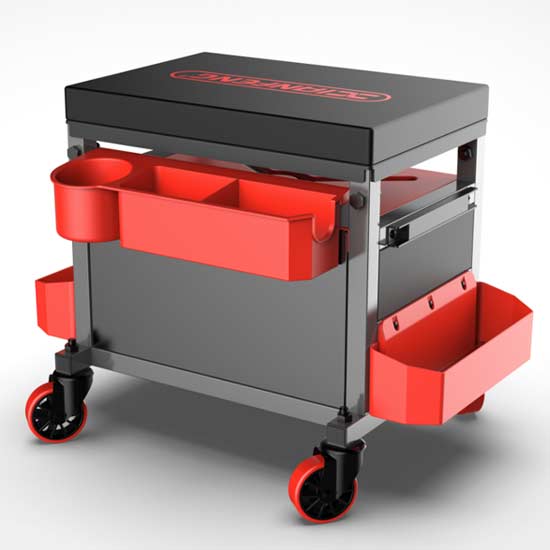 Tool seat
Tool seat
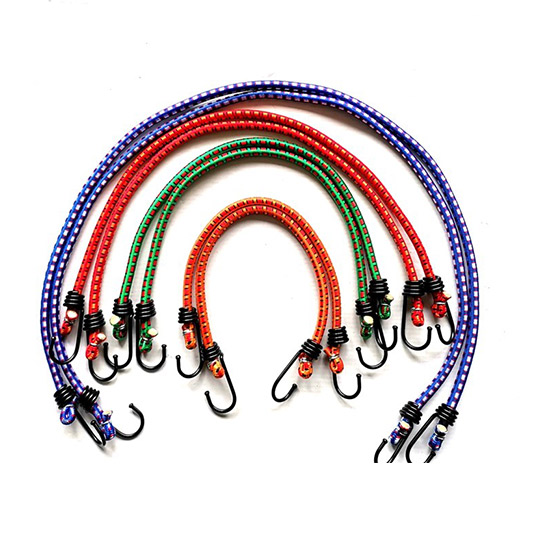 Stretch Cord
Stretch Cord
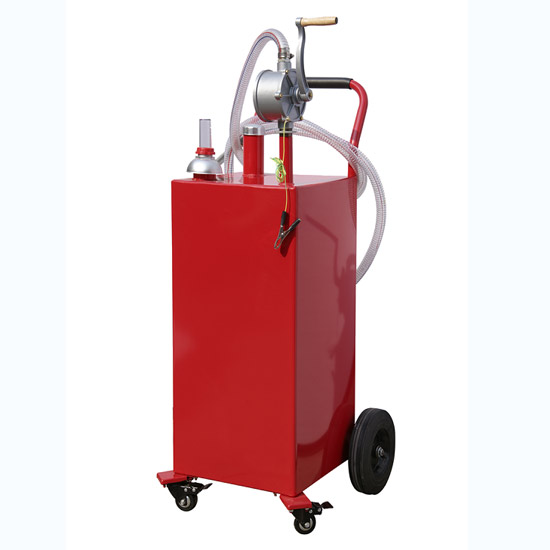 Oil Pump
Oil Pump
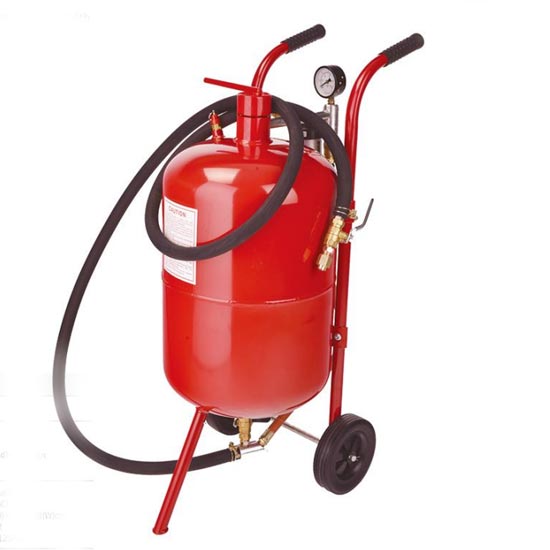 Sandblast Pot
Sandblast Pot
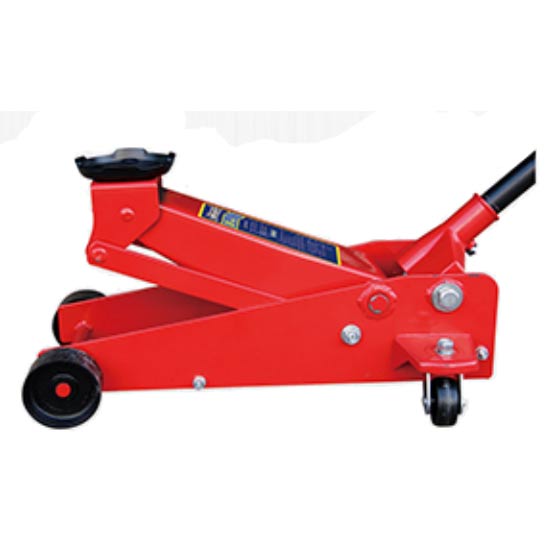 2.25 Ton Hydraulic Floor Jack
2.25 Ton Hydraulic Floor Jack
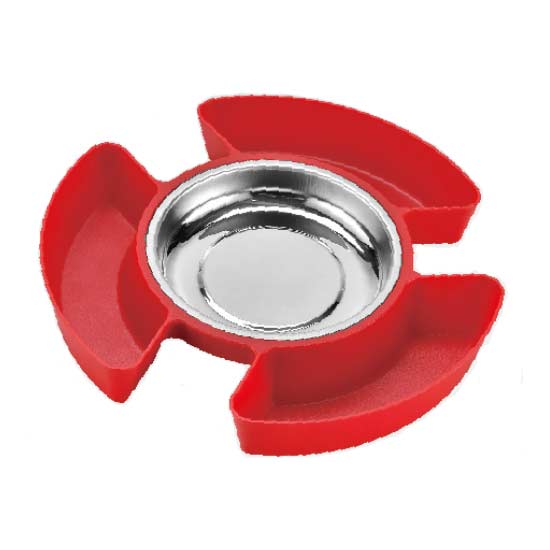 Magnetic Tray With Tool Plate
Magnetic Tray With Tool Plate
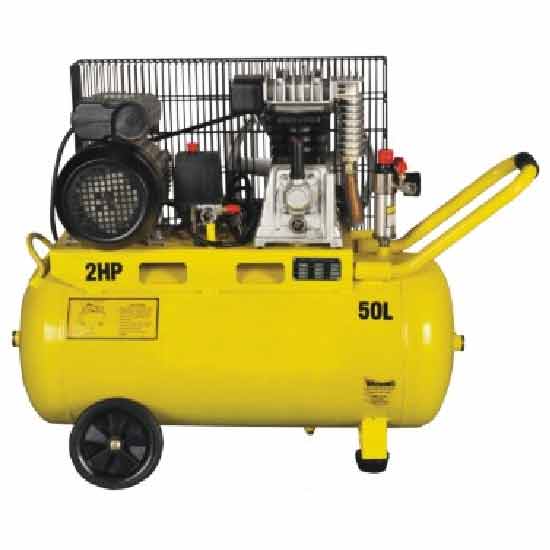 Single-stage Air-cool Movable Air Compressor
Single-stage Air-cool Movable Air Compressor
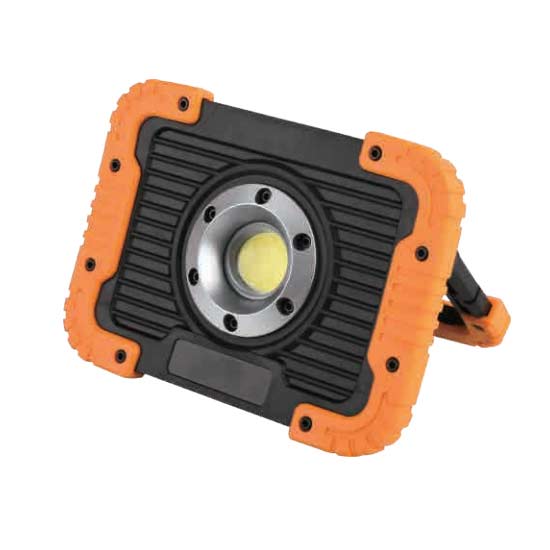 10W Rechargeable Led Flood Light
10W Rechargeable Led Flood Light
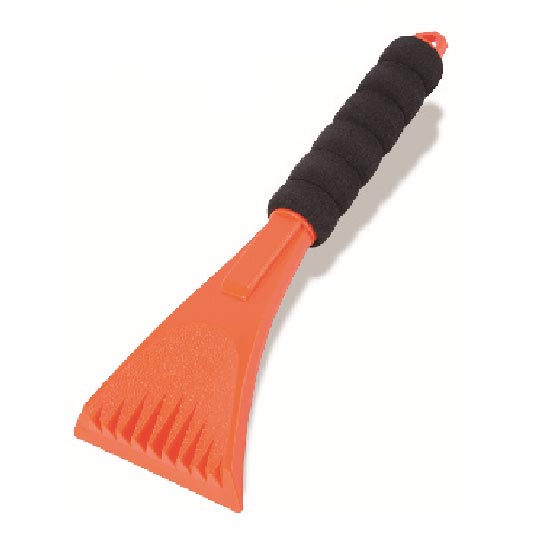 Ice Scraper
Ice Scraper
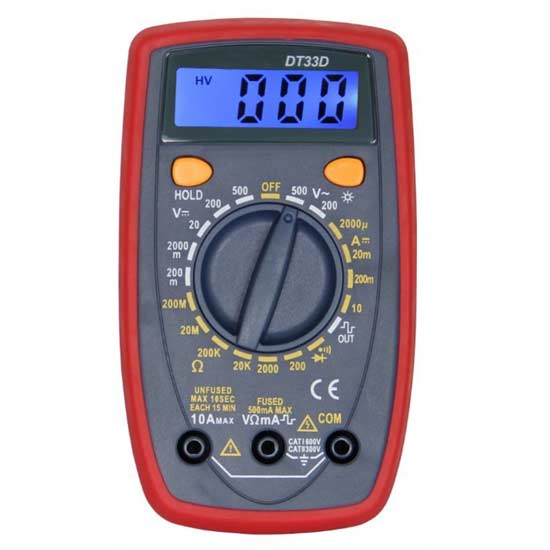 Small Multimeter with Backlight
Small Multimeter with Backlight
 Jump Starter With 4 Led Lights
Jump Starter With 4 Led Lights
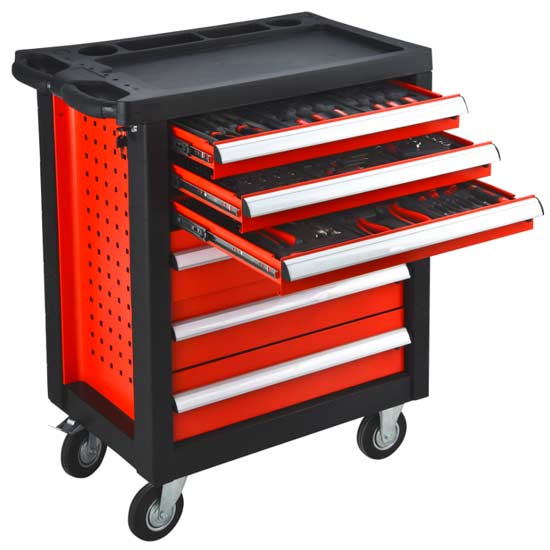 Steel Tool Cabinet
Steel Tool Cabinet
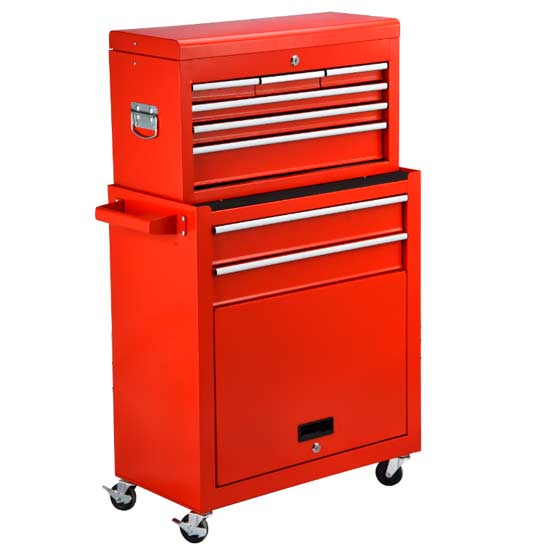 Large Tool Cabinet
Large Tool Cabinet
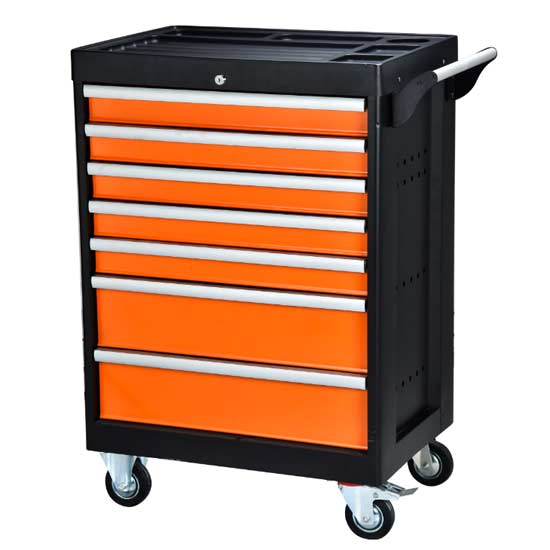 Tool Storage Cabinet
Tool Storage Cabinet
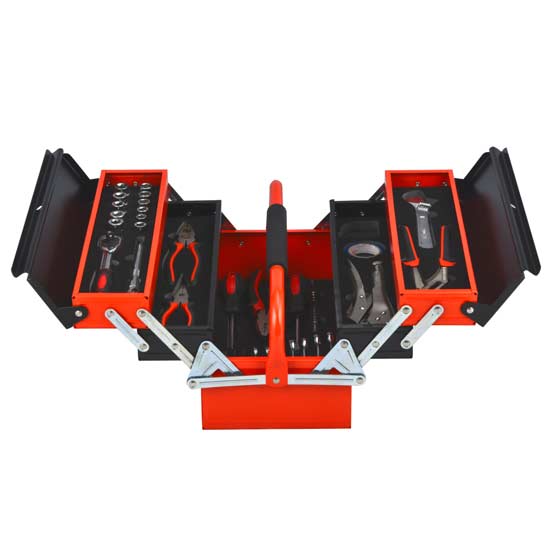 Metal Tool Box
Metal Tool Box
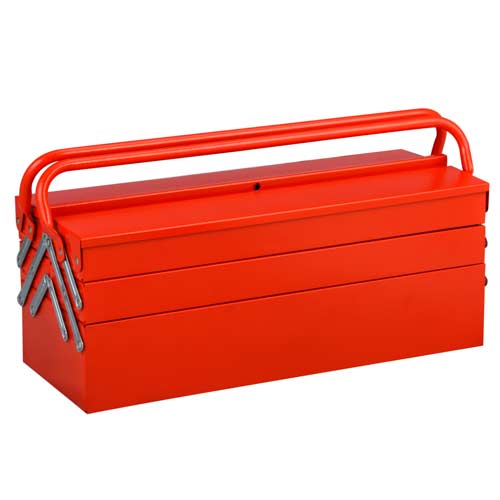 Large Metal Tool Storage Box
Large Metal Tool Storage Box
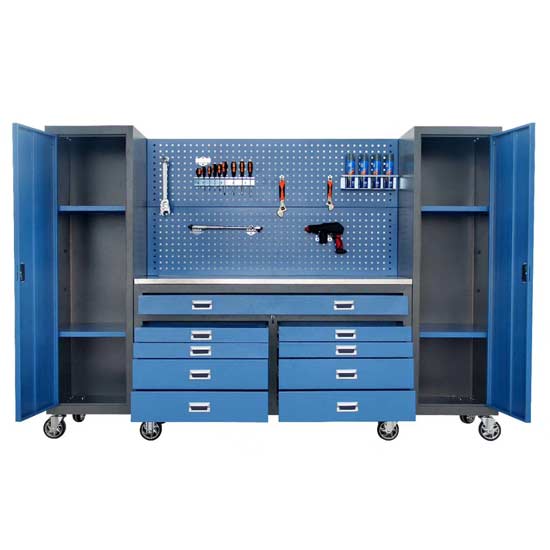 Blue Metal Tool Cabinet
Blue Metal Tool Cabinet
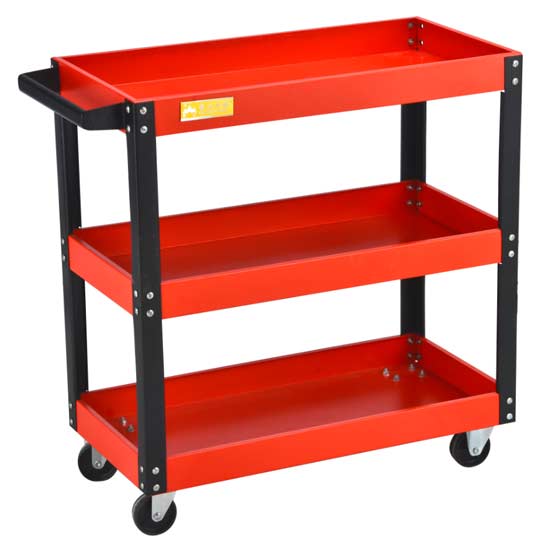 Red Steel Tool Trolley
Red Steel Tool Trolley
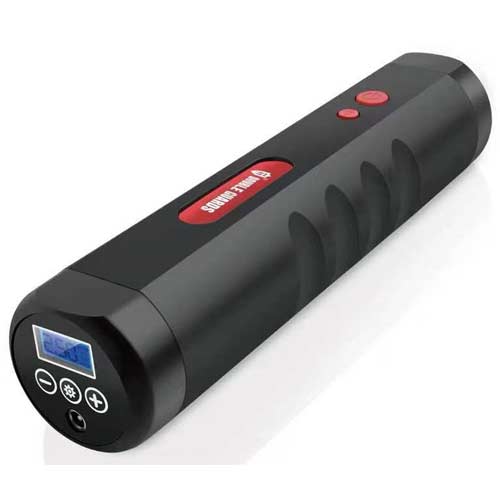 Portable Tire Inflator
Portable Tire Inflator
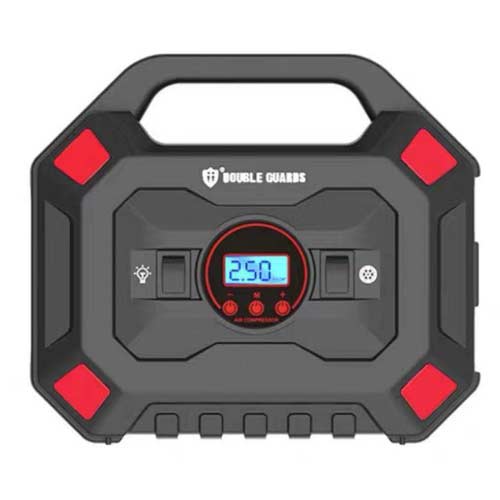 Custom Tire Inflator
Custom Tire Inflator
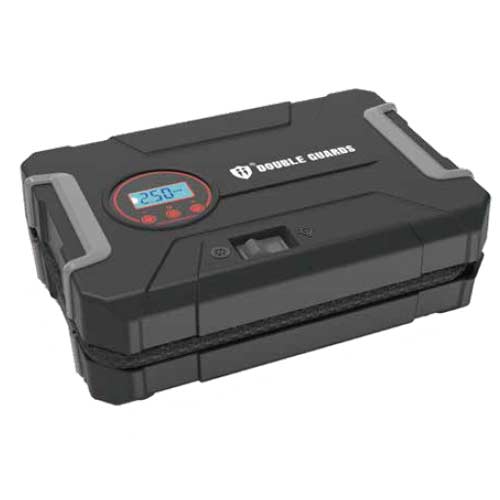 Tire Pressure Pump
Tire Pressure Pump
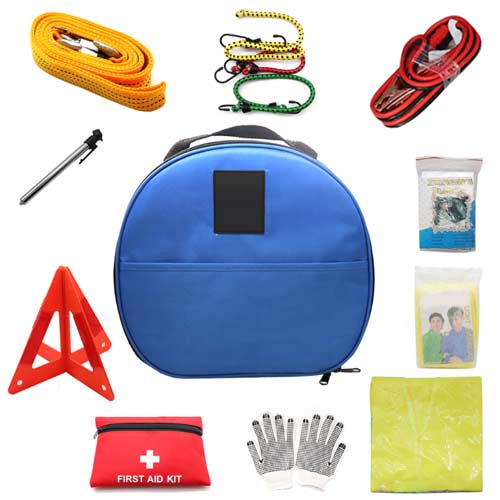 Auto Emergency kit
Auto Emergency kit